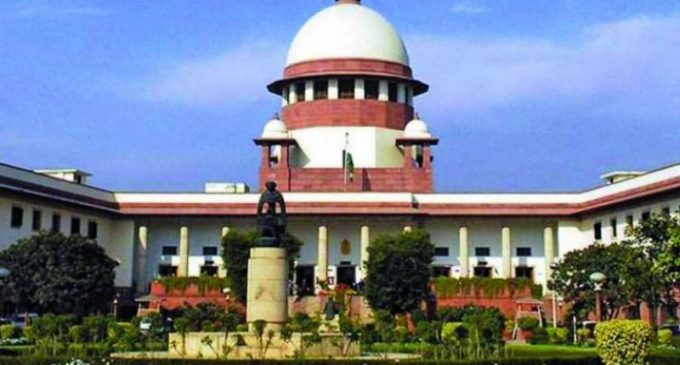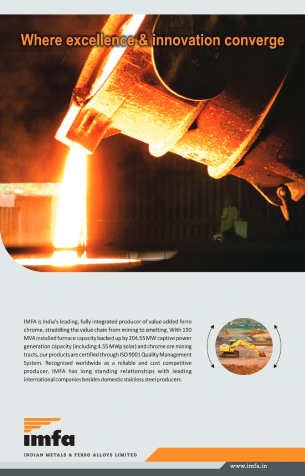SC allows states to recover royalties on minerals from Centre and mining firms from April 2005

NEW DELHI, AUG 14 : The Supreme Court on Wednesday rejected the Centre’s plea for prospective effect of its July 25 verdict, which upheld the power of states to levy tax on mineral rights and mineral-bearing land, and allowed them to seek refund of royalty from April 1, 2005 onwards, from Centre and mining lease holders.
This order of the top court would give a financial impetus to the mineral rich states.
At the same time, the apex court clarified and said in its verdict that the tax arrears can be paid to states by Centre over a staggered period of 12 years from April 1, 2026.
The Supreme Court of India premises in New Delhi.
Centre opposes SC plea for refund of mineral royalties to states after landmark verdict
While affirming legislative competence of states to levy tax and royalty on minerals, apart from Central levies, the apex court said that the mineral rich States should not impose penalties or tax for past dues.
On July 25, in a significant ruling, the 9-Judge bench of the Supreme Court, had held that states have competence and power to levy tax on mineral bearing lands.
The majority judgment — 8:1 — authored by the Chief Justice led bench D Y Chandrachud, said that the payments made to the government cannot be deemed to be a tax merely because a statute provides for its recovery in arrears.
“Royalty is not in the nature of tax. We conclude that the observation in India Cements judgment stating that royalty is tax is incorrect. Payments made to the government cannot be deemed to be a tax merely because a statute provides for its recovery in arrears. ruled that royalty on extracted mineral is not a tax,” the apex court’s nine-judge bench had ruled on July 25.
The other judges, who also were unanimous and agreed to the CJI’s views were; Justices Hrishikesh Roy, Abhay S Oka, J B Pardiwala, Manoj Misra, Ujjal Bhuyan, Satish Chandra C Sharma and A G Masih. The only judge who was dissenting was Justice B V Nagarathna, who had a different view on the issue.
“I hold royalty is in nature of the tax. States have no legislative competence to impose any tax or fee on mineral rights. Entry 49 is not related to mineral-bearing lands. I hold India cement decision was correctly decided,” Justice Nagarathna said.
“The legislative power to tax mineral rights lies with the State legislature and the Parliament does not have the legislative competence to tax mineral rights,” the top court said in its ruling.
The SC also made it clear that the Parliament could not use its residuary power regarding this subject matter. So the State legislature has the legislative competence under Article 246 read with Entry 49 of List 2 to tax mineral bearing lands.
The Supreme Court had on March 14 reserved its verdict on the controversial issue of whether the royalty payable on minerals is a tax under the Mines and Minerals (Development and Regulation) Act, 1957, and if only the Centre is vested with the power to levy such exaction or states also have the authority to impose levies on mineral bearing land in their territory.
The nine-judge bench of the top court, headed by CJI Chandrachud heard the matter on eight days, while dealing with a batch of 86 appeals filed by different state governments, mining companies and public sector undertakings.
During the hearing, the top court had said the Constitution vests the power to impose tax on mineral rights not in Parliament alone but also the states and underlined that such authority should not be diluted.
-PTI






